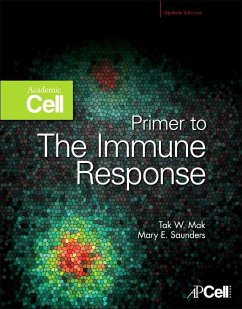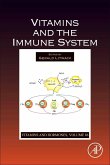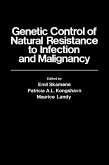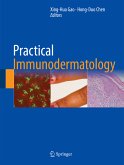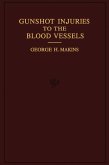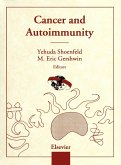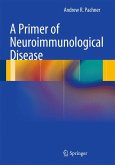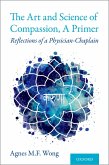Primer to the Immune Response effectively presents complex immunological concepts. The book is divided into two parts, which cover basic immunology and clinical immunology.
Part I presents the history and nature of immune response, and it describes the general features of the innate and adaptive immune responses. This part also explores the components of the immune system such as the cells and tissues. It also illustrates the intracellular communication through signal induction, intercellular communication through cytokines, and the cellular movement in the immune system. Furthermore, this part discusses proteins and genes, the development, activation and effector functions of both B cells and T cells.
Part II focuses on clinical immunology and covers immunity to infection caused by extracellular and intracellular bacteria, viruses, parasites and fungi. This part also describes different kinds of diseases, such as the Acquired Immunodeficiency Syndrome caused by the Human Immunodeficiency virus, tumors, autoimmune diseases, and hematopoietic cancers. This part also includes discussions on vaccination, transplantation, and different types of immune hypersensitivity.
Part I presents the history and nature of immune response, and it describes the general features of the innate and adaptive immune responses. This part also explores the components of the immune system such as the cells and tissues. It also illustrates the intracellular communication through signal induction, intercellular communication through cytokines, and the cellular movement in the immune system. Furthermore, this part discusses proteins and genes, the development, activation and effector functions of both B cells and T cells.
Part II focuses on clinical immunology and covers immunity to infection caused by extracellular and intracellular bacteria, viruses, parasites and fungi. This part also describes different kinds of diseases, such as the Acquired Immunodeficiency Syndrome caused by the Human Immunodeficiency virus, tumors, autoimmune diseases, and hematopoietic cancers. This part also includes discussions on vaccination, transplantation, and different types of immune hypersensitivity.
- Color illustrations enhance key topics and concepts
Dieser Download kann aus rechtlichen Gründen nur mit Rechnungsadresse in A, B, BG, CY, CZ, D, DK, EW, E, FIN, F, GR, HR, H, IRL, I, LT, L, LR, M, NL, PL, P, R, S, SLO, SK ausgeliefert werden.

